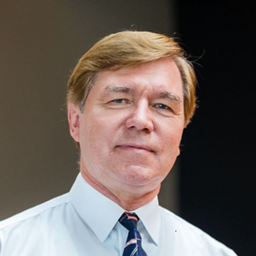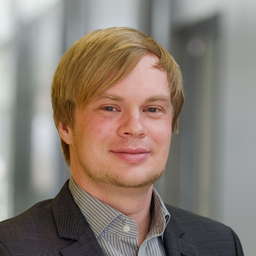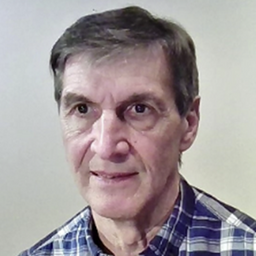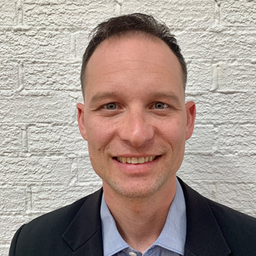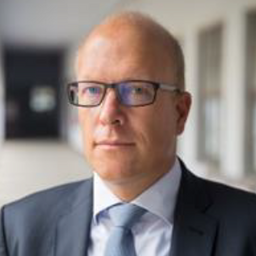
Dr. Ing. Christoph Herrmann
Prof. Dr.-Ing. Christoph Herrmann is university professor for Sustainable Manufacturing & Life Cycle Engineering and co-director of IWF, Institute of Machine Tools and Production Technology, Technische Universität Braunschweig as well as director of the Fraunhofer Institute for Surface Engineering and Thin Films IST since November 2018. Prof. Herrmann has studied mechanical engineering/production engineering. After his doctor degree in 2003 he habilitated in production engineering in 2008. As a company’s founder, he has transferred tools and services to support design for environment into the electric/electronic and automotive industry. From 2005 to 2008 he was also scientific director of KERP Center of Excellence Environment & Electronics, Vienna. From 2009 to 2013 he was scientific director and member of the Automotive Research Center Niedersachsen (NFF), Germany. Prof. Herrmann has conducted various industry and research projects in the context of life cycle engineering and sustainable manufacturing on national and international level. He has published more than 300 papers and book publications as author, co-other and editor. Prof. Herrmann is member of the German Academic Association for Production Technology (WGP) and the International Academy for Production Engineering (CIRP).
Sessions in which Dr. Ing. Christoph Herrmann participates
Wednesday 1 June, 2022
Thursday 2 June, 2022
Sustainability plays an important role for society and the economy in preserving sensitive ecosystems and the basis of our lives. The factory and production of the future are at the focus of interest. Methodical considerations through life cycle engineering and life cycle assessment make it possible to understand and optimise the influences of product development in the context of the sustainability of a product. With the help of surface technologies, product properties can be modified and...
